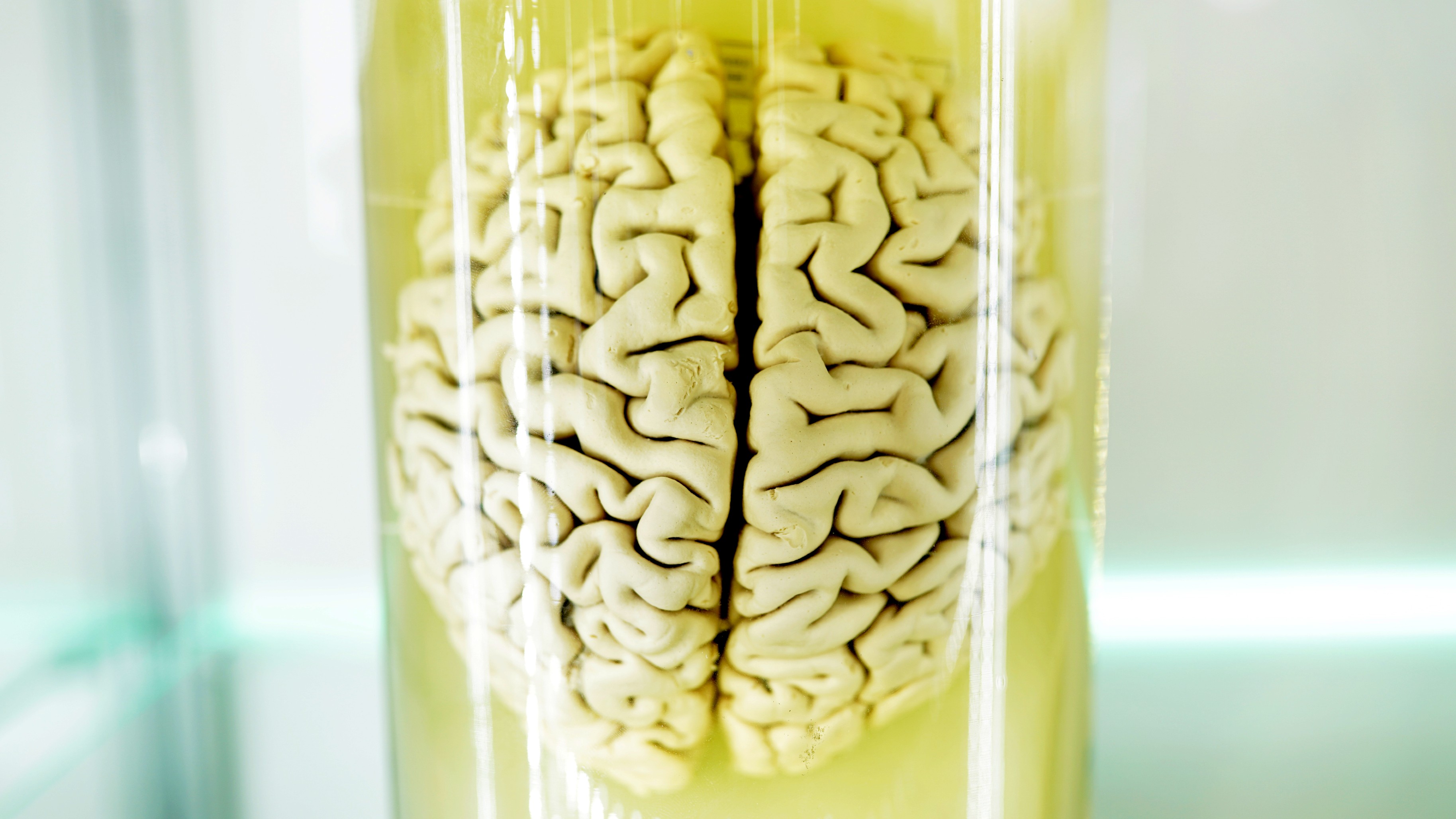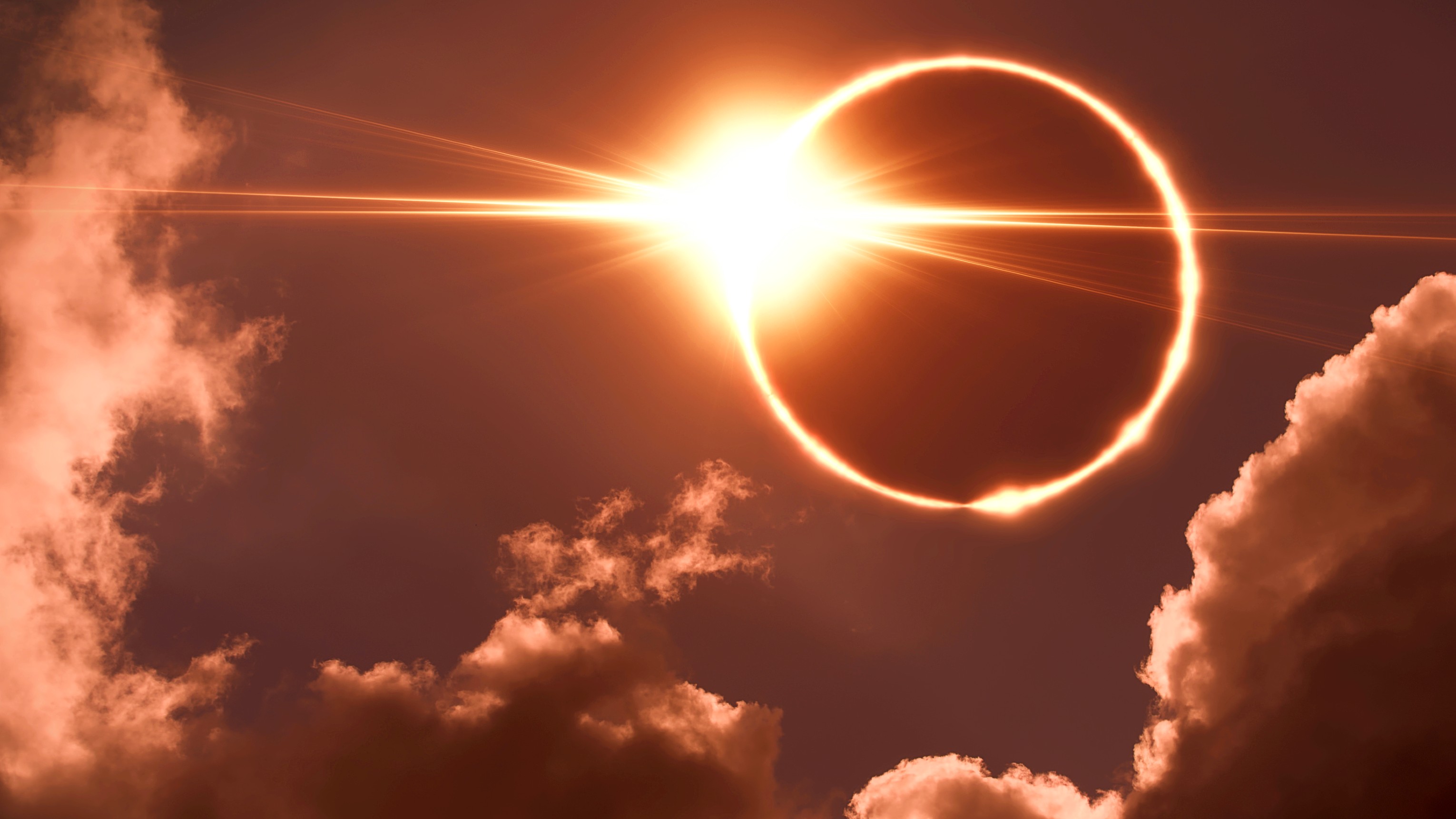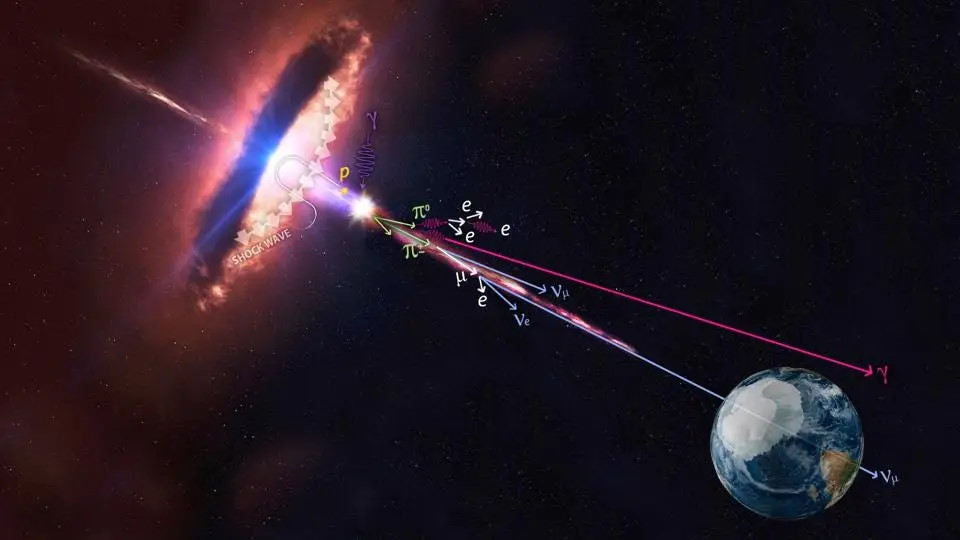How a food lover can eat healthily and be environmentally responsible.
Question: Can you be a food lover and arnhealthy eater?
rnrnrnrn
MarkrnBittman: I think if you are a true food lover,rnyou are a healthy eater. Well,rnfirst of all, the term foodie is completely ridiculous because for someone torn-- when you meet somebody and they say, "I really love to eat," Irnthink the appropriate answer is who doesn’t? So, I mean look around. Who do you know who is not a food lover? Everybody's a food lover.
rnrnThe question isrndo you eat responsibly? Do you eatrnfor your own benefit? Do you eatrnfor your planets benefit and do you eat the best food possible? If the answer to all of those things isrnyes then you're eating well. Ifrnyou're eating, if your style of eating is bad for your body, if your style ofrneating is bad for the planet then you are not really eating good food. You're eating lousy food and there'srnplenty -- as we know, there's plenty of lousy food around.
rnrnrnrn
Question: What is the most environmentallyrnresponsible way to eat?
rnrnrnrn
MarkrnBittman: The principled way to eat, if you wererngoing to say, "I want to eat entirely for my own benefit, I want to eatrnentirely for the benefit of the planet, I want to eat in the most responsiblernway possible to minimize my carbon footprint, to minimize my impact overall, tornminimize my effect on animals," you would be a vegan. That's the bottom line.
rnrnrnrn
Veganism is thernmost principled way to eat that there is. rnFrom the perspective of your own body, from the perspective of thernplanet, from the perspective of animals, very few people are going to bernvegans. Let's be real.
rnrnrnrn
So what'srnnext? I mean, if on the one handrnyou have vegans and on the other hand you have people who eat whatever theyrnfeel like eating, there's a middle ground. The problem with the way most Americans eat right now isrnthat we are about as far from veganism as we could be. So a vegan would get 100 percent of hisrnor her calories from plants.
rnrnrnrn
Most Americansrnget 90 percent of their calories from processed food, junk food, and animalrnproducts. So, the goal, I think,rnis to move in the direction of eating more unprocessed plant food than we dornnow and everybody's got a different starting place. If you eat 20 cheeseburgers a week, or the equivalent, yournmight look at eating 15 cheeseburgers a week or the equivalent. If you're eating 15, you might look atrneating 10 and so on, and I think if people think about what's best for theirrnbody, what's best for the planet, the answer is eating unprocessed plant foodrnand then think about how can I eat more of that stuff at the expense of meat,rnwhich was the question, but also at the expense of processed food and junkrnfood.
rnrnrnrn
Question: What are some of the main things yourncan do to eat healthily?
rnrnrnrnrnrnrnrn
MarkrnBittman: The idea is torneat as many unprocessed plants as you can. What arernplants? Plants are vegetables,rnfruits, legumes, which means beans, nuts and seeds; what am I leaving out? I think that's about it. So the idea is to eat as manyrnunprocessed plants as you possibly can and to eat those instead of eatingrnprocessed foods, junk foods, and animal products.
rnrnrnrn
Well, it worksrnfor me -- what's worked for me for just about three years now, what works forrnme is to eat a very, very strict diet of plants only and unprocessed plantsrnonly from the time I wake up in the morning until dinner time. So from the time I wake up untilrnroughly dark I eat a lot of fruit, I eat a lot of vegetables, I eat some wholerngrains and sometimes I have some beans and that's pretty much it. And then at night I eat whatever I wantrnand that’s, which includes meat, which includes wine and which includes pastarnand bread and stuff like that.
rnrnrnrn
That's a hugernchange for me. I think that if yournthink of your diet as a seesaw with the animal products, the processed or thernjunk food on the heavy side as it is for most people and the unprocessed plantsrnon the light side as it is for most people, I think for me my seesaw went fromrnlooking something like this to looking something like this. I think to the extent other people canrneat that way they will have a lesser impact on the planet, improve theirrnhealth, probably lose weight, feel better.
rnrnQuestion: Why did you decide to change the wayrnyou ate?
rnrnrnrn
MarkrnBittman: Well I think I decided to change thernway I ate because of some of the things we've been talking about here. One is that I recognize that one of thernhighest contributors to greenhouse gases and global warming is the industrialrnproduction of livestock. So Irndecided okay that was one good reason to eat less meat. The other good reason to eat less meatrnis that I was in my mid-50s and my health wasn't what it used to be. So I was overweight, I had bad knees, Irnhad sleep apnea, had high cholesterol, I had high blood sugar or borderlinernhigh blood sugar, I think that's enough.
rnrnrnrn
SornI decided to change my diet and it's so obvious to everyone who pays anyrnattention to nutrition at all that if you want to be healthier the way to dornthat is as I've already said is to eat fewer animal products and eat lessrnprocessed and junk food. So Irnstarted to do that and it worked. rnI lost 35 pounds; gained five of them back but hey. Sleep apnea went away, I slept better,rnmy knees bothered me much less, in fact, they ran the New York marathon lastrnyear. My cholesterol is back tornnormal and my blood sugar is back to normal.
rnrnrnrn
So it all workedrnand it's not a coincidence. I meanrnno one would say it was a coincidence.
rnrnrnrn
Question: Are there any foods you avoid becausernof health reasons?
rnrnrnrn
Mark Bittman: Actually not. There's some things I don’t like. But I think that it's important to recognize that there isrnno sort of single, I mean, arsenic and cyanide aside, there's not really arnsingle ingredient that's going to outright kill you. There's actually some evidence that a single can of soda canrntrigger diabetes, but there's not a lot of evidence about that. In general, one ingredient, one littlernkind of food, one meal, one day, even one week. That's not what's determinant of your overall health or ofrnyour impact on the planet. Whatrndetermines is your overall diet and if it's moving in the right direction,rnwhich for most Americans is towards plants and away from animal products andrnprocessed foods, than I think hip, hip, hooray. That's the way to go.
rnrnrn




